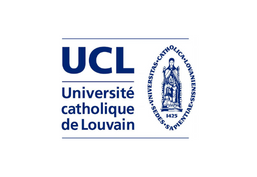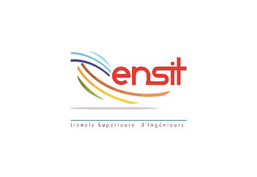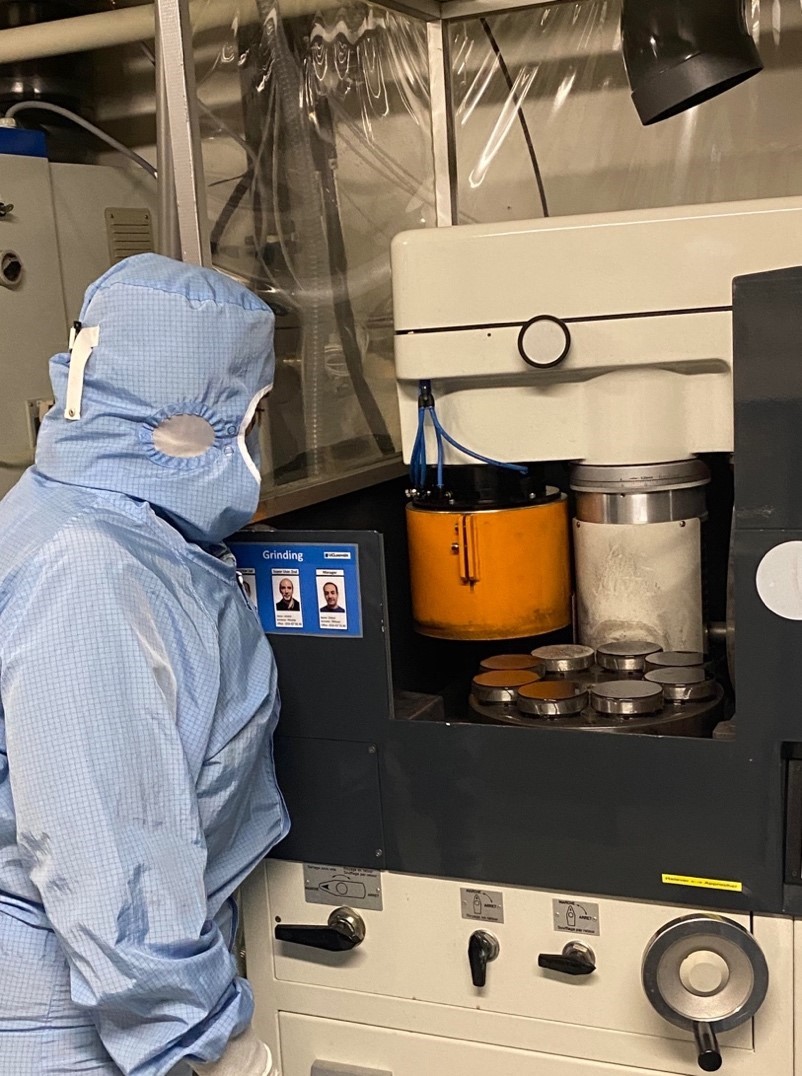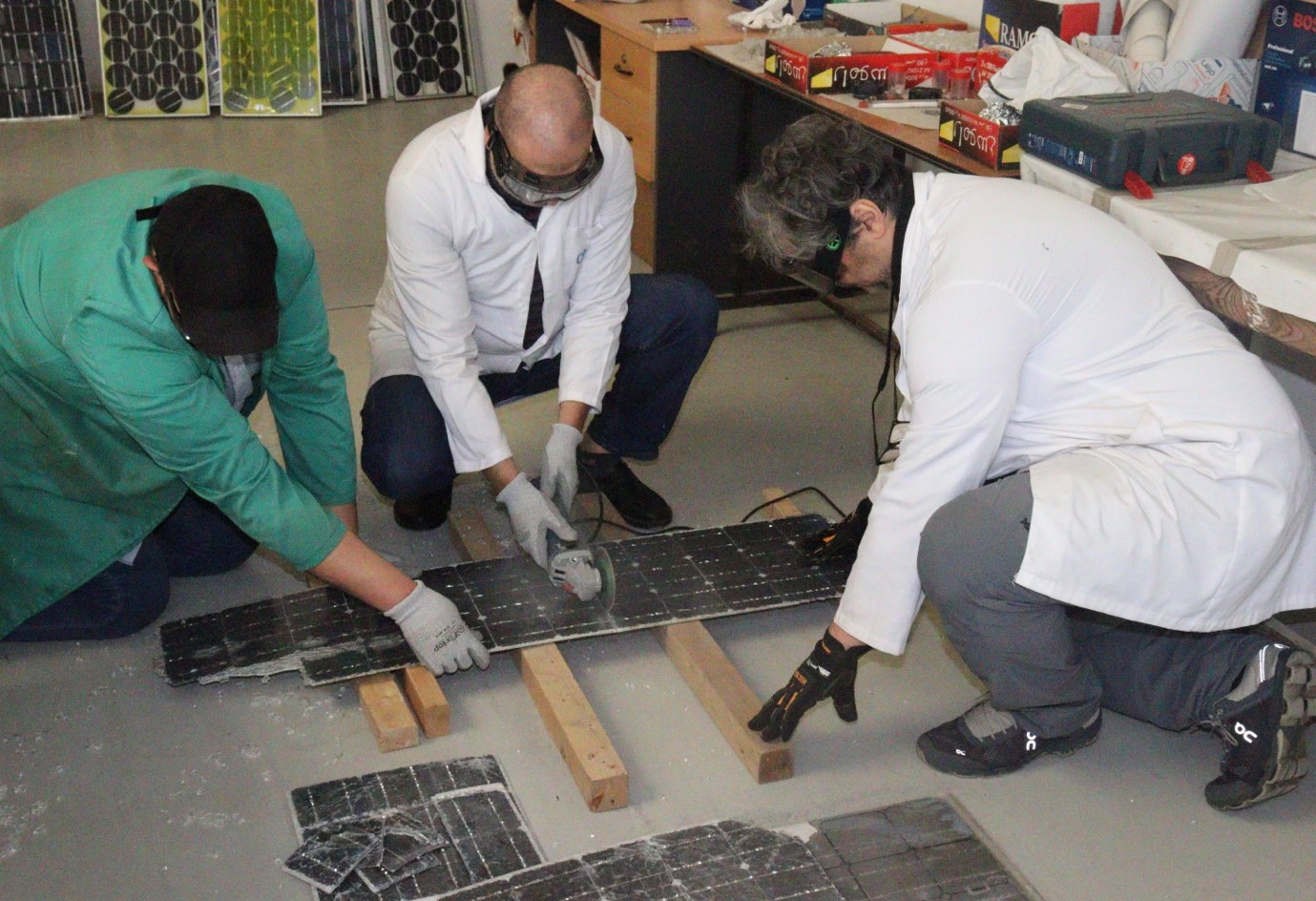Partners
Project coordinator: Sorin Melinte, Université catholique de Louvain, Belgium
Main topic addressed: End‐of‐life and second‐life management of RE components
Project partners:
- Centre de Recherche en Technologie des Semi-conducteurs pour l’Energétique – CRTSE (Algeria)
- Université catholique de Louvain (Belgium)
- Institut d’Electronique, de Microélectronique et de Nanotechnologie – IEMN (France)
- École nationale supérieure d’ingénieurs de Tunis (Tunisia)
- Centre de Recherches et des Technologies de l’Energie – CRTEn (Tunisia)
Aim of SIREVIVAL
SIREVIVAL aims at the reduction of the environmental impact of spent photovoltaic modules. The effort is focused on the use of recycled materials, like Si, to build all solid state supercapacitors and to integrate them with modern photovoltaic cells, in order to meet instantaneous power generation and delivery.
Background
There is a need to conceive and fabricate functional low-cost materials from end-of-life PV modules with the aim of integrating them in key electronic components for industrial development of Smart Energy Systems (SESs). This circular economy approach requires eco-friendly new manufacturing technologies to preserve the environment and access critical natural resources, with reduced greenhouse gas emissions.
About the project
SIREVIVAL strives for robust and scalable supercapacitors. Supercapacitors are electrochemical energy storage that differ from conventional capacitors due to their fast charge–discharge rates, longer life cycle, high power, and high energy density. In the SIREVIVAL project, supercapacitors are built on well-understood engineering principles by exploiting advances in the chemistry of carbon-based materials (Csp2-rich materials), pseudocapacitive materials (transition metal oxides or nitrides), solid-state electrolytes (gel or ceramic like), and micro-engineered Si-based materials obtained from end-of-life PV modules.
Besides contributing to the delivery of European Green Deal objectives, SIREVIVAL develops state-of-the art engineering protocols for novel energy storage architectures based on supercapacitors. It also aims to boost partners’ competence in the field of materials development and SESs and it will facilitate access to urgently needed recycling technologies.
Expected Results
The project aims to achieve material recovery from end of life PV panels with >85% overall efficiency. Specific expected results include:
- Full recycling protocols for end of life photovoltaic (PV) panels
- Novel materials and architectures for all solid state micro supercapacitors
- All solid state micro supercapacitors built with recycled materials and integrated to photovoltaic modules







